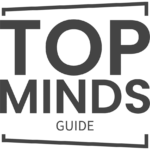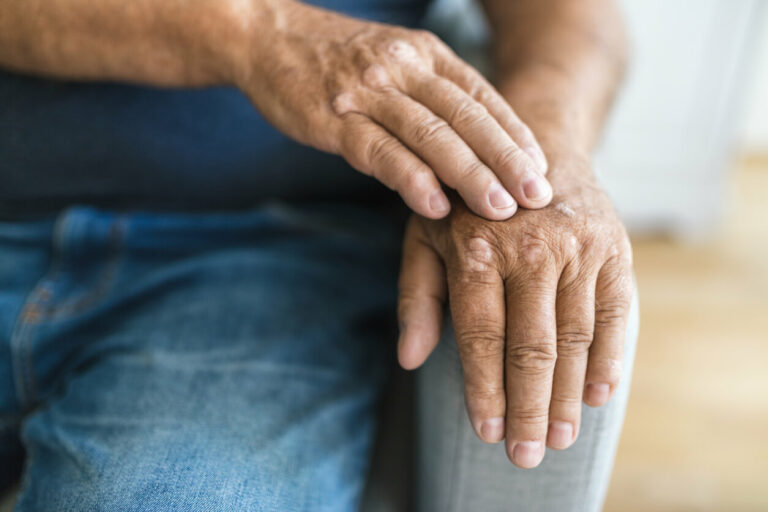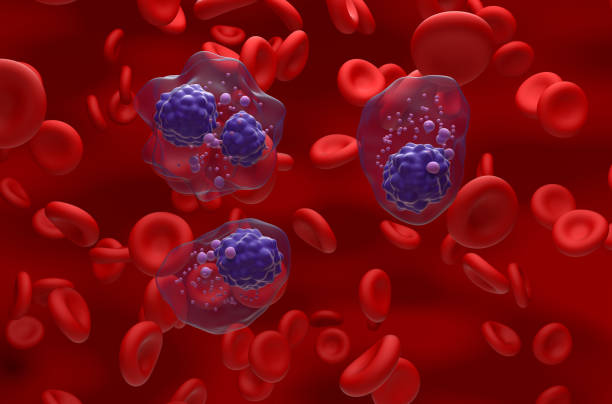Anxiety Treatment: A Holistic Approach to Managing and Overcoming Anxiety Disorders
Anxiety disorders, characterized by excessive worry, fear, and a range of physical symptoms, are among the most common mental health conditions. They can significantly impact an individual's daily life, affecting their work, relationships, and overall well-being. Fortunately, there are effective treatments available that encompass professional therapy, medication, self-help strategies, and lifestyle modifications. This guide offers a comprehensive look at anxiety treatment, providing insights into managing and overcoming this challenging condition.
Understanding Anxiety and Its Impact
Anxiety disorders vary in type and severity, from generalized anxiety disorder (GAD) and panic disorder to social anxiety and specific phobias. Common symptoms include persistent worry, agitation, restlessness, fatigue, difficulty concentrating, irritability, muscle tension, sleep disturbances, and panic attacks.
Professional Treatments for Anxiety
Effective treatment for anxiety often involves a combination of psychotherapy and medication.
Psychotherapy
- Cognitive Behavioral Therapy (CBT): One of the most effective forms of therapy for anxiety, CBT focuses on identifying, understanding, and changing thinking and behavior patterns.
- Exposure Therapy: Useful for phobias and panic disorders, this therapy involves controlled exposure to the anxiety source to reduce its impact.
Medication
- Antidepressants: SSRIs (Selective Serotonin Reuptake Inhibitors) and SNRIs (Serotonin and Norepinephrine Reuptake Inhibitors) are commonly used for long-term treatment.
- Anxiolytics: Benzodiazepines may be prescribed for short-term relief of acute anxiety symptoms but are generally not for long-term use due to the risk of dependency.
- Beta-Blockers: Used occasionally to manage the physical symptoms of anxiety, such as rapid heart rate.
Self-Help Strategies and Lifestyle Modifications
- Mindfulness and Relaxation Techniques: Mindfulness meditation, deep breathing exercises, and progressive muscle relaxation can help reduce anxiety symptoms.
- Physical Activity: Regular exercise has been shown to decrease tension, improve mood, and boost self-esteem.
- Dietary Considerations: Eating a balanced diet and limiting or avoiding caffeine and alcohol, which can aggravate anxiety.
- Adequate Sleep: Improving sleep quality can help reduce anxiety.
Building a Strong Support Network
- Open Communication: Discussing anxiety with trusted friends or family can provide comfort and understanding.
- Support Groups: Connecting with others facing similar challenges can offer a sense of community and shared coping strategies.
- Consistent Professional Engagement: Regular sessions with a mental health professional are essential for monitoring progress and adjusting treatment plans.
Holistic and Alternative Approaches
- Yoga and Tai Chi: Incorporating these practices can help reduce stress and anxiety.
- Acupuncture: Some find relief from anxiety symptoms through acupuncture.
- Herbal Supplements: Certain herbs like chamomile or valerian root may provide some relief, but it’s important to consult a healthcare professional before use.
Managing Anxiety Attacks
- Recognizing Symptoms: Learning to identify the onset of an anxiety attack can help manage and reduce its intensity.
- Controlled Breathing: Techniques such as slow, deep breaths can alleviate symptoms during an attack.
- Grounding Techniques: Focusing on the present moment can help divert attention from panic.
When to Seek Professional Help
Professional help should be sought if:
- Anxiety becomes overwhelming and interferes with daily activities and responsibilities.
- Symptoms include intense panic attacks or thoughts of self-harm.
- Self-help and lifestyle strategies are insufficient in managing anxiety symptoms.
The Future of Anxiety Treatment
Emerging treatments, such as virtual reality exposure therapy and advanced pharmacotherapies, continue to expand the options available for anxiety management, promising more tailored and effective approaches.
Conclusion
Anxiety, while challenging, can be effectively managed with the right combination of therapies, self-help strategies, and lifestyle changes. It is crucial for individuals experiencing anxiety to seek professional guidance and actively engage in their treatment plan. With commitment and support, it is entirely possible to overcome anxiety disorders and lead a fulfilling life, free from the constraints of persistent worry and fear.







